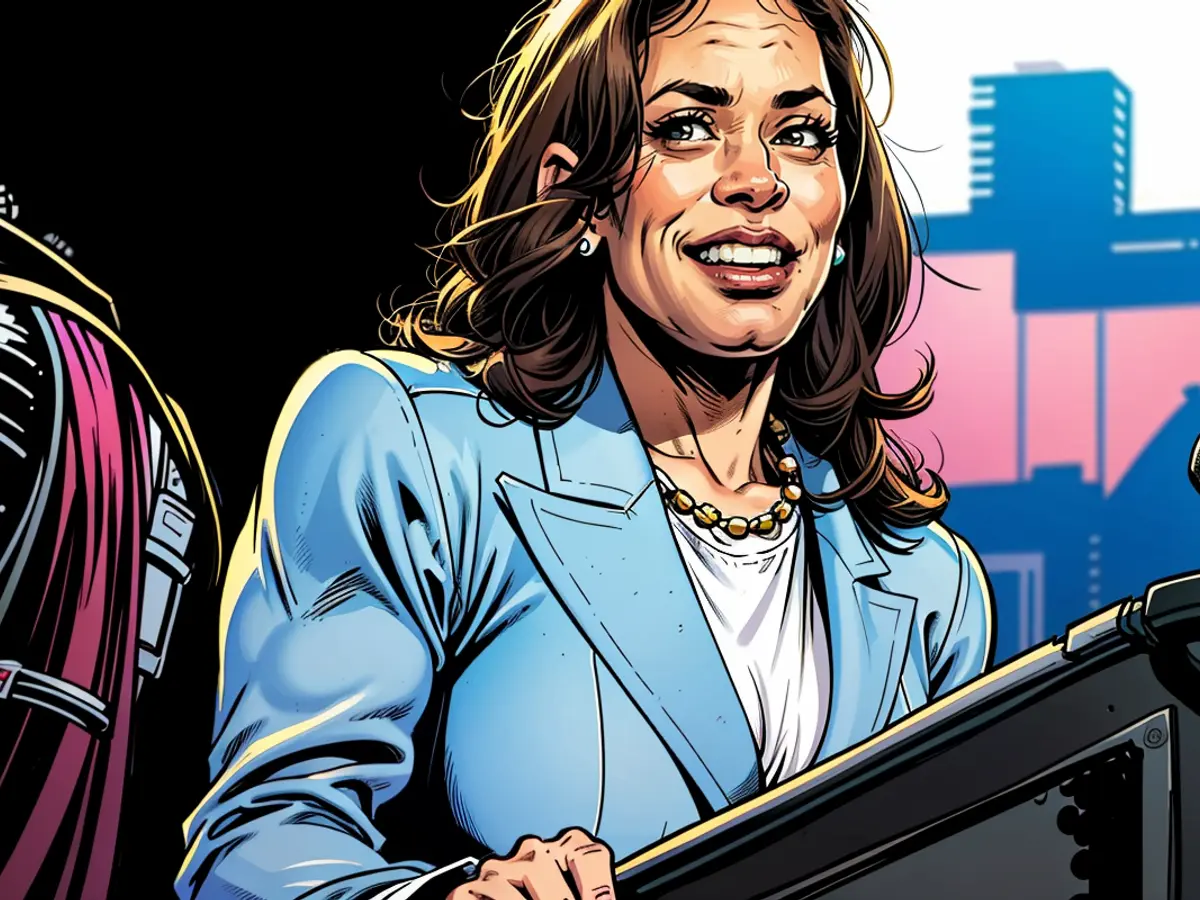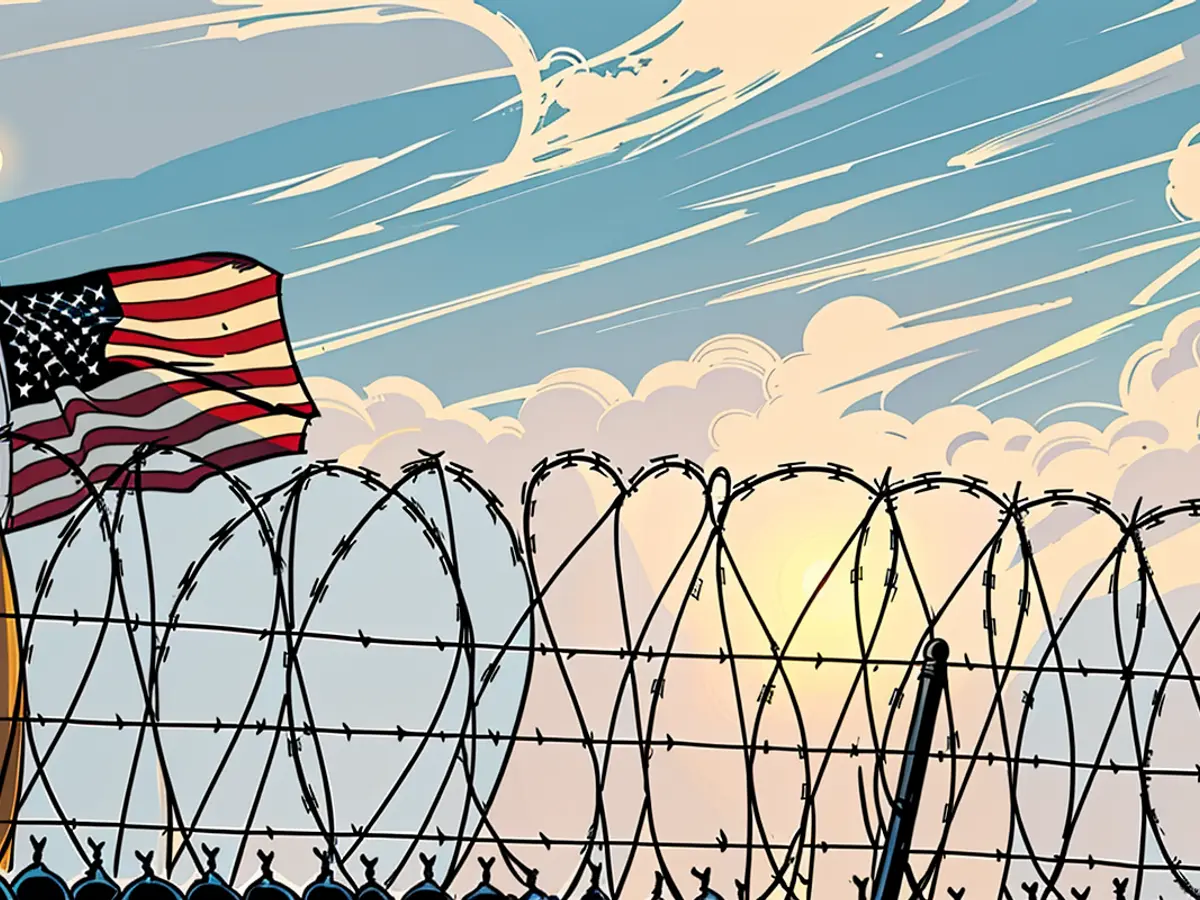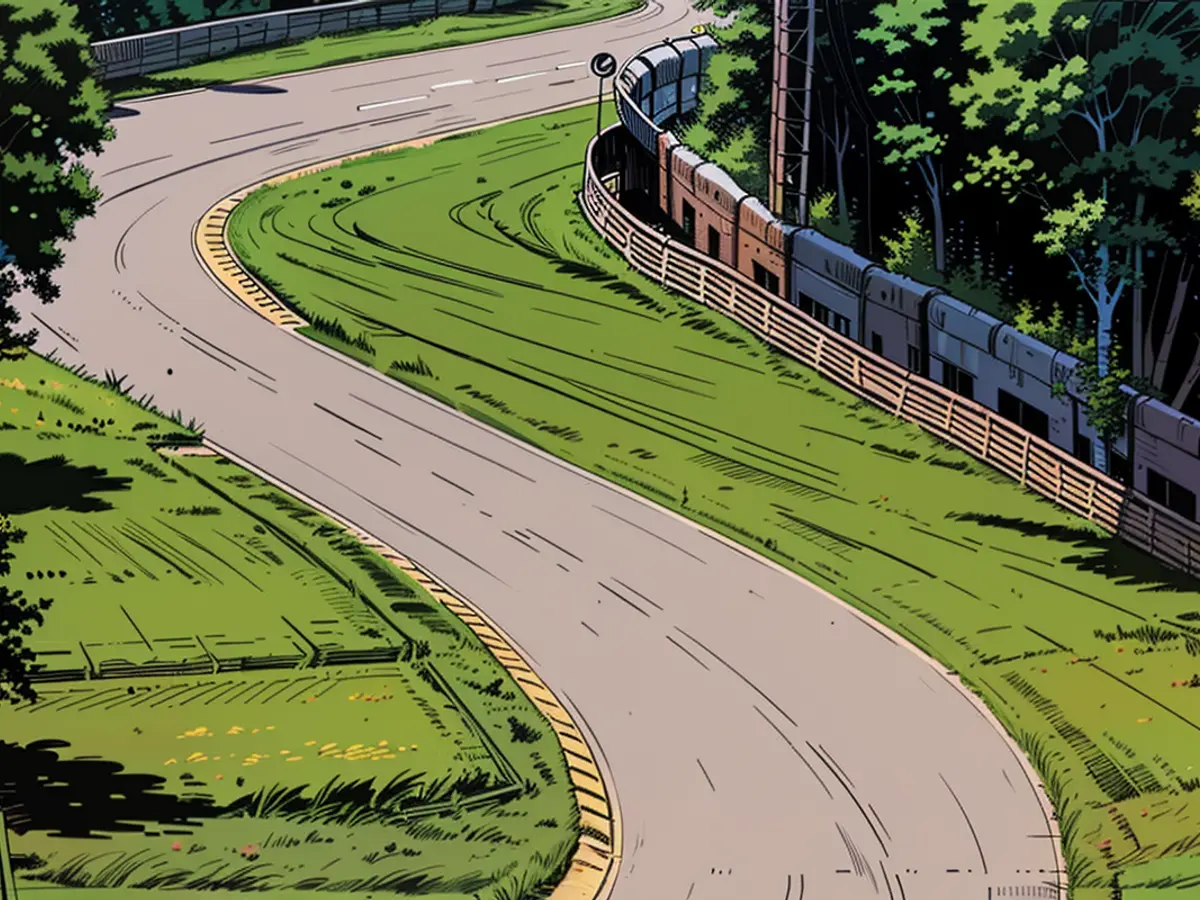- South to budget dispute: Ampel cannot govern seriously
In light of the new traffic light dispute over the 2025 federal budget, CSU leader Markus Söder is taking the coalition to task. "The traffic light can't govern seriously, the chaos continues," the Bavarian Minister President told the Augsburger Allgemeinen. "The federal budget is full of holes like Swiss cheese, everywhere open questions and uncovered checks." Federal Finance Minister Christian Lindner (FDP) defended his approach against sharp criticism from coalition partners SPD and Greens, ultimately blaming the Chancellor's Office.
The minister had recently signaled a need for further talks on the budget, on whose fundamentals the coalition had agreed after a lengthy dispute just under a month ago. The background is the review of several projects that Chancellor Olaf Scholz (SPD), Vice Chancellor Robert Habeck (Greens), and Lindner had intended to reduce the financial gap in next year's budget by eight billion euros.
Finance Ministry wants new austerity measures
It was about paying loans instead of subsidies to the railway and the motorway company, and about 4.9 billion euros from the time of the gas price brake that are with the promotional bank KfW. Two expert opinions had raised legal and economic doubts - above all about the plan to use the unused KfW funds for other purposes in the budget. From the perspective of the Federal Ministry of Finance, therefore, negotiations on austerity measures must now be resumed. In this context, Lindner's ministry also brought up cuts in social spending again.
In response to criticism, especially from the SPD, Lindner said at a campaign event in Potsdam on Friday evening: "I am surprised, because even Social Democrats in the party and the Bundestag know that there were three expert opinions and no political agreement." The expert opinions were suggestions from the Chancellor's Office - "they are not convincing from a constitutional or economic point of view, some are even risky."
The finance minister warned: "We cannot take constitutional risks, because we have already received a judgment from Karlsruhe due to a coalition compromise." The so-called budget ruling had torn billion-dollar holes in the financial planning last year. The finance minister expressed confidence but also made it clear that the coalition still has a way to go.
Exchange of blows between leading coalition members
SPD leader Saskia Esken sharply criticized Lindner on Friday. That the FDP leader had made his assessment without any consultation in the government and published it on the day of the great prisoner exchange, "that is reckless and exceeds for me the limit of the tolerable in a coalition," she said. The assessment of the expert opinions is "also peculiar in terms of content."
FDP General Secretary Bijan Djir-Sarai came to Lindner's defense. Germany needs a constitutionally compliant budget, he told the German Press Agency. That Lindner had subjected individual projects to an independent review was therefore entirely correct. "Mrs. Esken and her party should urgently return to a factual debate and not categorically oppose sensible consolidation measures in the budget. Unbearable, however, is merely the SPD's debt and social populism."
DGB calls for suspension of debt brake
The development reignited the debate over contentious points in the budget. The German Trade Union Confederation (DGB) demanded that the debt brake be suspended after all. "There's no way around a renewed suspension of the debt brake and its fundamental reform," said DGB board member Stefan Körzell to the Funke media group newspapers. "The Federal Minister of Finance should finally acknowledge this too." Lindner and his FDP firmly reject suspending the debt brake.
Körzell argued that public provision of care, social security, and public investments in infrastructure and the social-ecological transition must continue to be guaranteed. "Our country has been pushing off an investment backlog since the Merkel years that finally needs to be resolved." He also called for more money to flow into the state treasury through "an effective inheritance tax" and the reintroduction of the wealth tax.
FDP parliamentary group leader: "Practice restraint"
FDP parliamentary group leader Christian Dürr, however, insists on thrift, for example in development aid. "The FDP's stance has not changed: We must prioritize correctly, for example in defense, education, and infrastructure," he said to the Funke newspapers. "That also means practicing restraint elsewhere, for example in the welfare state and development aid."
"If we lack money for the renovation of railways and roads here, Germany cannot distribute billions for projects elsewhere." At the same time, he said that the planned reforms of the citizens' money must be implemented urgently, "to make the welfare state more efficient and bring more people into work."
The Finance Ministry believes that negotiations on austerity measures are necessary due to legal and economic doubts raised about the plan to use the unused KfW funds for other purposes in the budget, from their perspective. This stance has led to a response from SPD leader Saskia Esken, who criticizes Lindner's assessment as reckless and exceeding the limit of the tolerable in a coalition.







